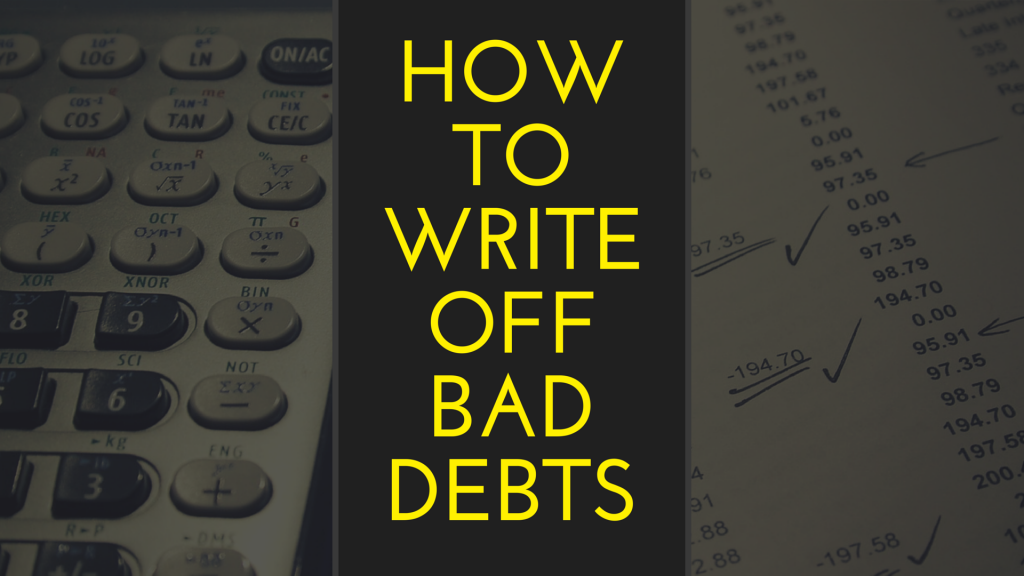
Hi, my name is Adam Stewart, Debt Collection Expert and CEO-Operations Manager of ADC Legal-Litigation Lawyers.
As the countdown to the end of financial year draws closer, businesses big and small are probably very busy getting their financials in order to ensure that their books are ready for end of financial year reporting. With June 30 upon us, it is important that businesses remember to write off bad debts before the end of financial year.
Sections 25-35 of the Income Tax Assessment Act provide for the deductibility of bad debts as follows:
(1) You can deduct a debt (or part of a debt) that you write off as bad in the income year if:
(a) it was included in your assessable income for the income year or for an earlier income year; or
(b) it is in respect of money that you lent in the ordinary course of your business of lending money.
With that in mind, here are some handy tips to help you when writing off your bad debts:
1. For bad debts to be written off in the financial accounts, they are required to be in writing.
2. In order to claim a deduction for a bad debt, you must ensure this amount is written off prior to the end of the financial year.
3. To ensure a deduction is allowable, the debt must be bad, not merely doubtful.
4. Writing off a bad debt means that you are losing out on that exact amount of money from your bottom line profit.
5. Do not forget to claim a refund of the GST paid to the ATO on sales. This strategy is for taxpayers who report income on an accrual basis. Income from business activities will generally be returned on an accruals basis and will ordinarily be derived for tax purposes when a recoverable debt arises (i.e. generally when the invoice is raised).
6. You can write off bad debt and claim back GST credits when an amount has been outstanding over 12 months. You should always remember that anything you write off effectively come straight out of your pocket (ie. it’s your profit you’re writing off).
The big tip I have left for you is where I come in. Instead of just writing debts off, review your Accounts Receivable and ensure you have exhausted all avenues of collection before writing your debt off. Remember, bad debts must be written off during the year, not after the end of the financial year.
What does this mean for you?
1. Have a look at your outstanding invoices and see if some date back as far as the previous tax year.
2. Write off the bad debts that have occurred over that period before June 30.
3. Outsource any outstanding debts that you are still outstanding at the end of financial year.
For more free advice, contact us at www.adclegal.com.au or call me at 1300 799 820.
